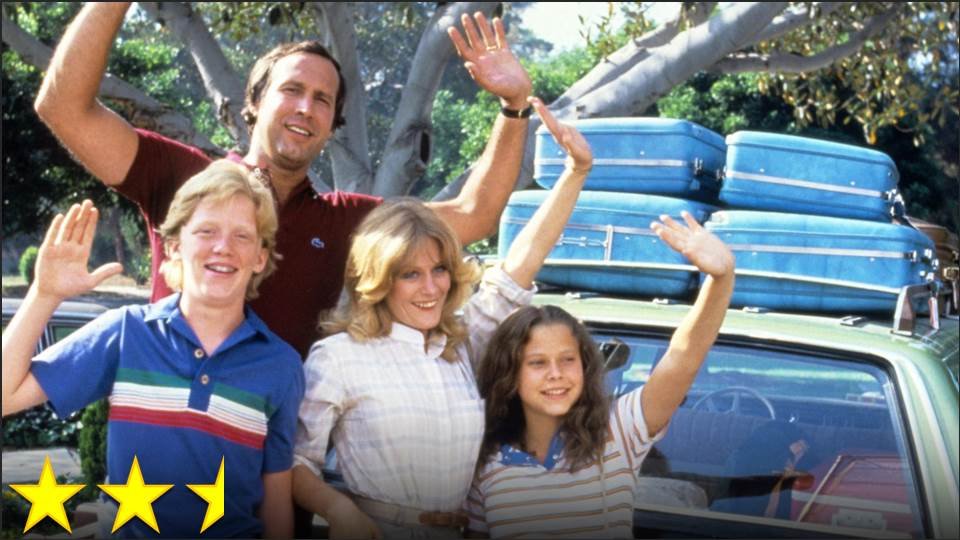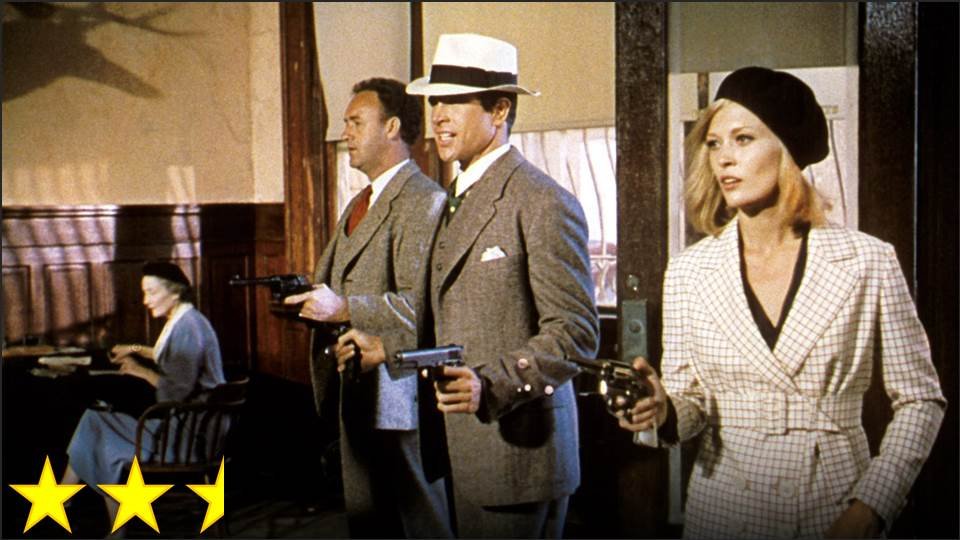It’s entirely possible that I saw this film already, many years ago, but to my memory, I fell asleep the first time I tried to watch it, and I got bored and switched to something else the second time. My third time, this most recent time, I finally made it all the way to the end. I didn’t remember the ending, which is why I think I’d never finished the film before (and hence why I’m reviewing it now), but then again, who would? The film leaves you with the feeling that you just watched a five-hour-long teaser trailer for the second film. It’s simply a tease – all the great things about this franchise (namely Sméagol and Gollum) come later in the series, whereas this movie offers an introduction to this (fairly bland) fantasy world. To be honest, I almost fell asleep again this time.
It’s just not my cup of tea. It’s fine – this isn’t necessarily badly made – but it’s not my preferred kind of fantasy. I like the colorful and sparkly ’80s fantasy film, which is precisely what Jackson stated he was trying not to do. He wanted to make a series of films that feel like a grander version of historical fiction, such as Braveheart, but in the history of a fantasy world rather than ours. That’s not my genre. I like the kind of fantasy nonsense that he doesn’t like, which is fine. Beyond that though, I just don’t care enough about the characters, and I don’t like how the story seems to ramble and dilly-dally without clear purpose.
The film has given me an appreciation for some of Tolkien’s writing, but I’m doubtful that Jackson’s way is the best way to adapt the strengths of Tolkien’s work to the big screen. I love many of the motifs, icons, places, and objects presented in the film – particularly the Ring of Power, which is one of the greatest metaphorical narrative devices in the history of literature – but they’re not organized in a narrative that makes me care enough. It’s all very Dark Crystal-ish to me. The film also suffers from predictability, which shouldn’t happen in a film with freaking magic in it. Again, there’s a lot here that I like, and I wouldn’t mind watching the film again sometime – Jackson seems to be a more than competent filmmaker who certainly has his strengths – but I’d rather skip ahead to the films where more interesting things happen.





